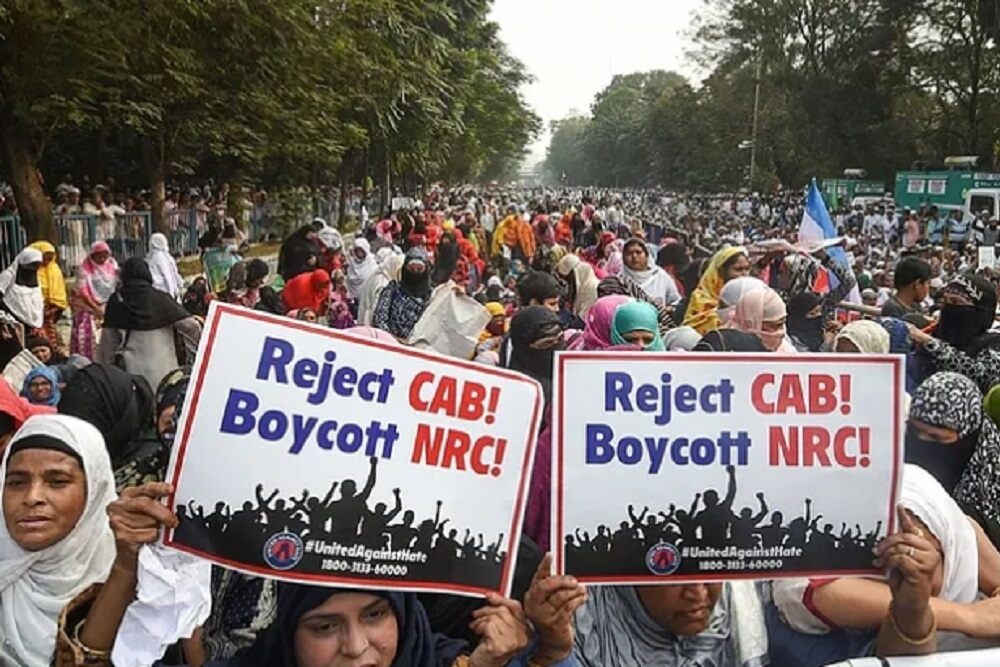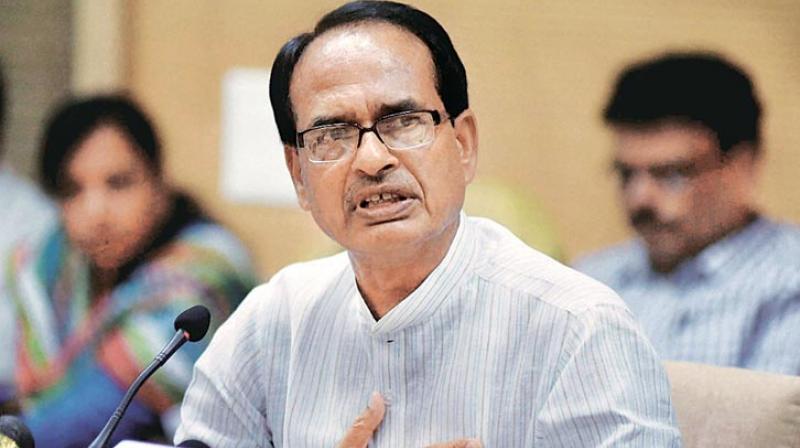The Prohibitory orders under Section 144 of CrPC have been imposed from December 19 to December 21 across India.
This move was necessitated after the state received an intelligence report that there might be massive protests against the Citizenship (Amendment) Act and the National Register of Citizens (NRC).
Section 144 of the Criminal Procedure Code (CrPC) of 1973 refers to the empowerment of an executive magistrate to prohibit an assembly of more than four people in an area.
According to 141-149 of the Indian Penal Code (IPC), the maximum punishment for engaging in rioting is rigorous imprisonment for three years or fine.
Bhaskar Rao, the City Police Commissioner, has asked people not to hold any protests, processions or rallies that may disturb the peace.
He stressed that prohibitory orders had been imposed from 6:00 am on December 19 till midnight on December 21 in all districts, to maintain law and order in the wake of scheduled protests against CAA and NRC.
Students protest across India
Thousands of students across India have taken to the streets in protests against the controversial law that offers citizenship to non-Muslims from three neighboring countries.
According to reports, they are protesting because they feel the Citizenship Amendment Act is discriminatory and part of a Hindu-nationalist agenda to marginalize India’s 200-million Muslim minorities.
The demonstrations were triggered by police brutality at two leading universities in Delhi and the northern city of Aligarh. Police entered campuses and allegedly attacked students inside the library, reading halls and toilets.
Many distressing videos of the violence have gone viral and fuelled anger across the country.
Students and teachers have joined forces to condemn these acts, in a strongly-worded statement, Ashoka University, one of India’s largest private campuses, has described it as state-sponsored violence.
Many celebrities and pro-government activists have surprisingly joined forces to rebuke this new law. In a series of tweets, novelist Chetan Bhagat, an ardent supporter of Mr. Modi, has excoriated the government over the police action.
Prime Minister Narendra Modi has also issued a statement saying the new law was for those who have faced years of persecution outside and have no place to go except India.
From Barhait in Jharkhand, which is the land of brave people who have been martyred for truth and justice, I once again assured the people of India-
CAA will not affect any Indian, practising any faith.
Congress should stop creating panic and dividing people. pic.twitter.com/d7RbHSSCfl
— Narendra Modi (@narendramodi) December 17, 2019
India shut down the internet
India has also reportedly shut down the Internet to contain protests against its new citizenship law.
These moves come as Prime Minister Narendra Modi tightens his grip on the state. His administration and its allies have jailed hundreds of Kashmiris without charges, intimidated journalists, arrested intellectuals and suppressed gloomy economic reports.
His critics say he is undermining India’s deeply rooted traditions of democracy and secularism, and steadily stamping out dissent.
Recently, citing a threat of violence and false rumors, authorities in the states of Assam, Meghalaya, and Tripura in the northeast of the country severed connectivity in response to protests against a new citizenship law that critics say would marginalize India’s 200 million Muslims.
Much of West Bengal and parts of Uttar Pradesh, the most populous states, were also put under digital lockdown.
China’s largest newspaper has also justified the internet shutdowns by calling it standard practice for sovereign countries to deal with a state of emergency.







